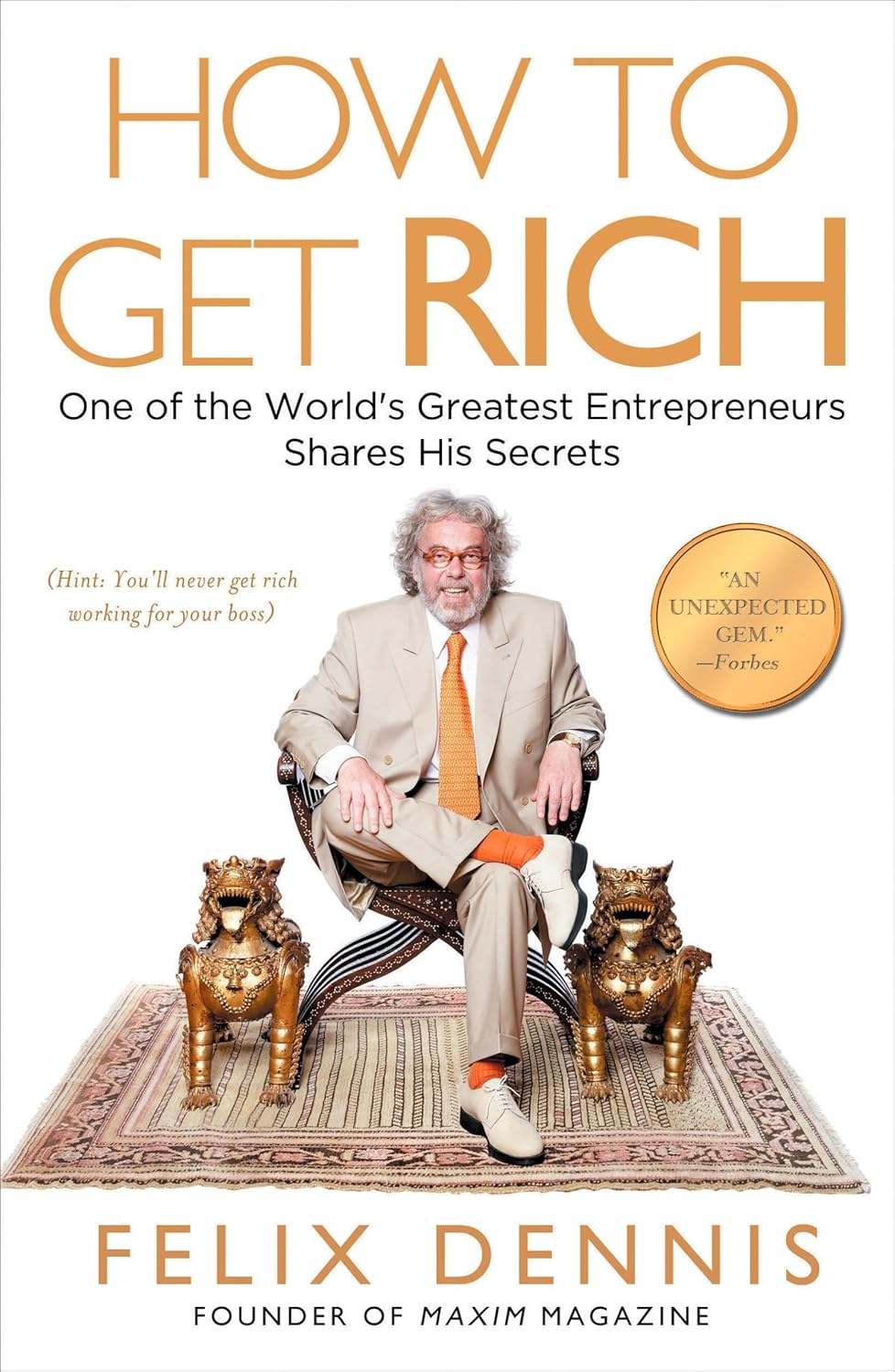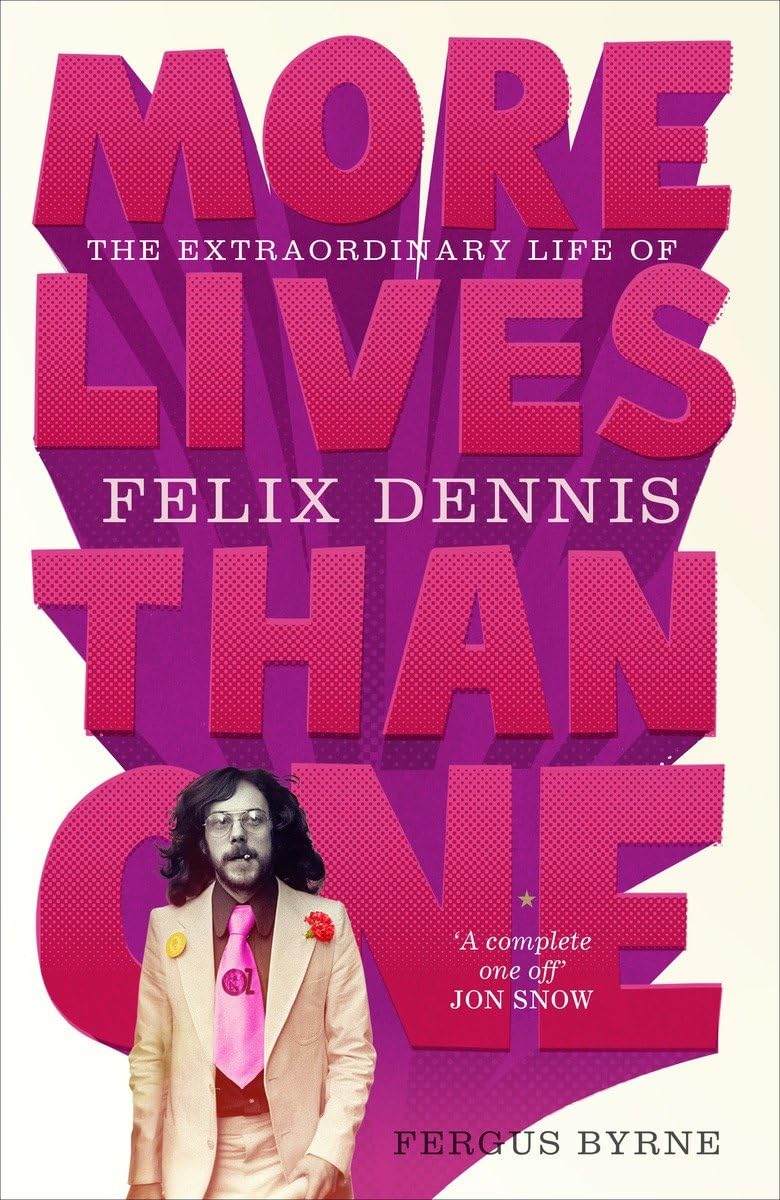Felix Dennis Part 1: What Made Him Who He Was
Felix Dennis founded Dennis Publishing, created Maxim magazine, and cofounded Micro Warehouse Inc. I read Dennis’s book How to Get Rich: One of the World's Greatest Entrepreneurs Shares His Secrets last month and wanted to know more about his journey, so I read the biography of his life, More Lives Than One: The Extraordinary Life of Felix Dennis by Fregus Byrne.
Dennis was born in the United Kingdom in 1947. His father was a war veteran who opened a general store. Though his parents worked fourteen hours a day, the store failed. When Felix was four, his father went to Australia in search of a better life for his family. He never returned. Dennis never saw his father again, and his parents divorced years later.
Like his mother, Dennis was dominant and abrasive, and the two butted heads constantly. Growing up without a father forced Felix to grow up quickly and assume the role of head of the house. He had a disdain for authority from an early age, which led to his expulsion from multiple schools.
Dennis joined a band in 1962 and developed his showmanship skills on stage, but he was kicked out because he was too aggressive and needed to run the show. Around this time, he was expelled from Harrow Technical College and School of Art.
At this point in his life, Dennis was directionless. Then he noticed a magazine called London Oz and, after a night of drinking, recorded his thoughts about the publication. He mailed the tape to the magazine’s headquarters, and it was featured in a BBC story. The founder gave Dennis a bale of magazines to compensate him. Dennis immediately sold all of them, and that led to a 50/50 sales deal. After continued sales success, Dennis joined the magazine’s team. He brought energy and helped the magazine realize that reader demand was stronger than they’d known.
Dennis spearheaded focusing advertising sales on the music industry, which kept the company afloat. He then became the business manager and got the business operations and finances in order. He also developed a keen eye for what would resonate with readers and assisted in the editorial direction of each issue.
The magazine’s 1960s hippie vibe clashed with the conservative views held by the British establishment. When the magazine published an edgy issue, its offices were raided by the Obscene Publications Squad. Dennis and the two other founders were arrested and tried. They were found guilty on two of three charges and Dennis was sentenced to nine months’ incarceration.
The media, realizing the repercussions of these sentences for the media industry, railed against them. The public was outraged. People demonstrated. After political pressure from Parliament, the convictions were overturned on appeal. Decades later, this trial was still talked about as an event that changed British society by advancing freedom against the establishment and challenging its authority.
For Dennis, the trial was life-changing. It highlighted the fact that without money, he couldn’t fight back against “bogus” charges. Had he had money, his case would never have gone to trial. He realized how lucky he was to not be in jail. He’d never thought about money before, but after that experience, it was all he thought about. He never wanted to be unable to defend himself again. He was determined to make money, and a lot of it.
Prefer listening? Catch audio versions of these blog posts, with more context added, on Apple Podcasts here or Spotify here!





